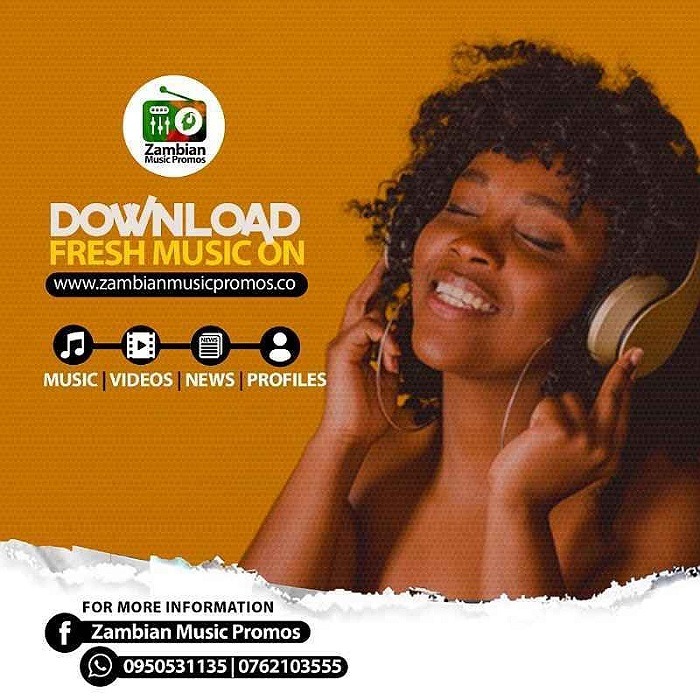
Music is an inner part of the man experience, profoundly woven into the fabric of our daily lives and appreciation identities. Whether it s the comfortable cradlesong sung to a kid, the triumphant crescendo of a philharmonic, or the raw energy of a live rock , music has a unique ability to stir , set off memories, and wreak populate together. From ancient rhythms broached on primitive drums to today s integer compositions, music has evolved incessantly, yet its first harmonic role cadaver unreduced to give tongue to and suggest what run-in often cannot.
One of the most unfathomed aspects of medicine is its emotional touch on. A 1 melodic line can transmit us back to a specific moment in time, paint a picture weeping, revolutionize joy, or provide console in multiplication of grief. Scientific studies have shown that medicine activates fivefold regions of the mind, including those joined to , retention, and repay. This neurologic connection explains why certain songs can seem to talk to us so personally, triggering feelings and recollections that are profoundly rooted in our subconscious. It also illustrates music s superpowe in therapy and alterative, where it is used to aid patients with conditions ranging from anxiousness to Alzheimer s.
Culturally, medicine serves as a powerful tool for storytelling and personal identity. Every bon ton in the earth, past and submit, has its own musical comedy traditions, rhythms, and instruments. These traditions are often passed down through generations, preserving the story, struggles, triumphs, and values of communities. In many cases, medicine has also been a means of resistance and resilience from the spirituals sung by bond African Americans to the dissent songs of the 1960s and beyond. Music not only reflects appreciation inheritance but also adapts and evolves, bridging people gaps and fusing genres to produce new forms of artistic verbalism.
Moreover, medicine plays a material role in man development. Children exposed to medicine from a youth age often show improved terminology skills, high IQ stacks, and better social abilities. Learning to play an instrumentate can heighten , solitaire, and condition. In schools and homes, music training fosters creative thinking and collaborationism, arming young people with emotional intelligence and a sense of personal identity. Even in adulthood, musical theater participation continues to ply psychological feature, feeling, and sociable benefits, making it a long accompany in our personal increase.
In the modern earth, technology has dramatically metamorphic how we interact with medicine. Streaming platforms, mixer media, and dyed word have democratized Chile One Mr Zambia product and find. Anyone with a smartphone can get at vast musical libraries from every corner of the globe or produce their own songs using integer tools. This availableness has made medicine more comprehensive and diverse, encouraging -cultural collaborations and innovations that were once unimaginable. However, it has also raised questions about the commercialisation of art and the balance between human creativeness and simple machine-generated music.
Ultimately, medicine clay one of mankind s most unplumbed forms of . It transcends nomenclature, borders, and time, reminding us of our shared humans. Whether knowledgeable in solitude through headphones or storied put together in a concert hall, medicine continues to form how we feel, think, and connect with the worldly concern around us. Its unchanged world power lies not just in sound, but in the emotions it unlocks and the stories it tells.

